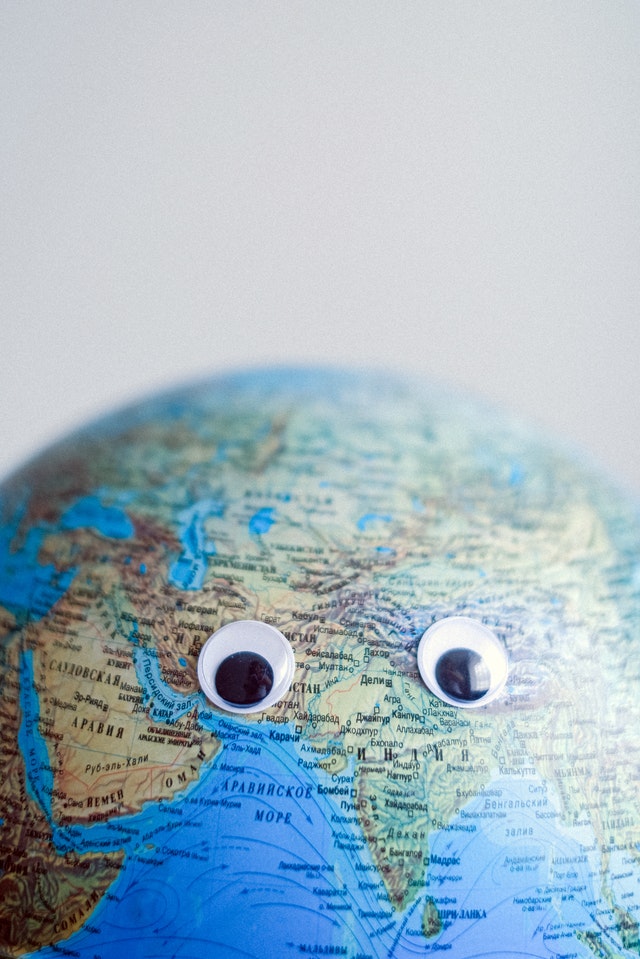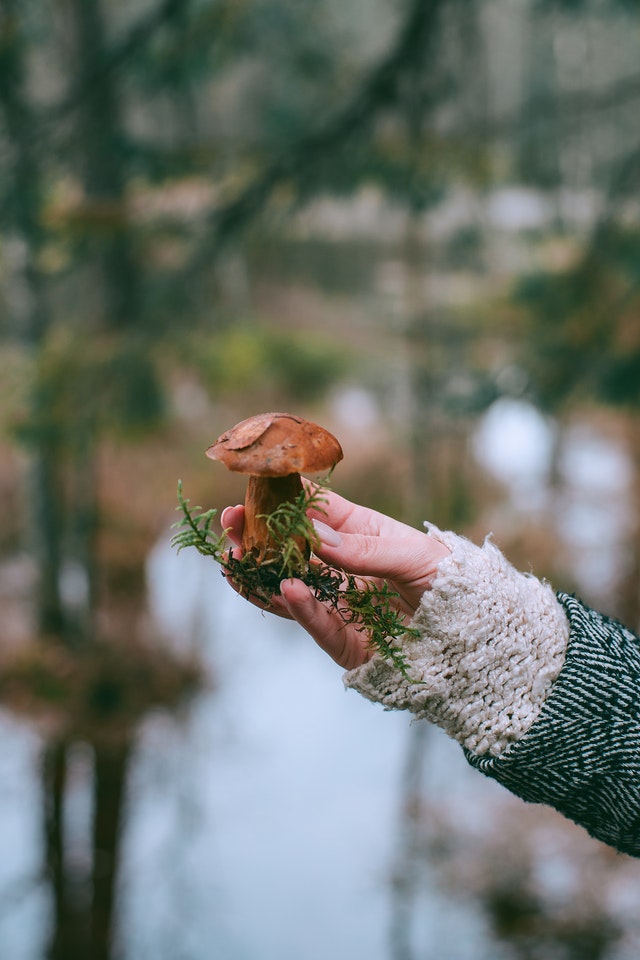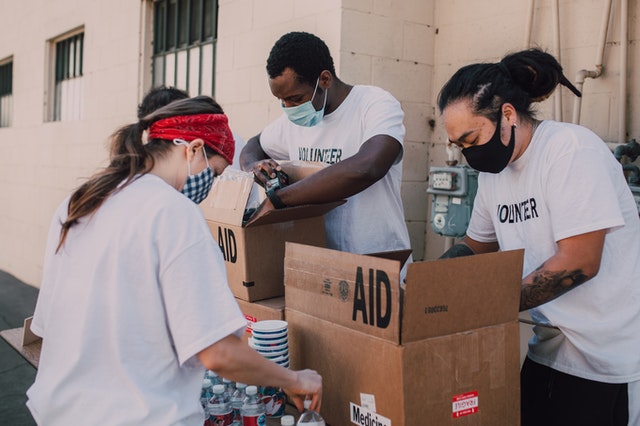- Clothes
- Bags
- Accessories
-
Inspiration
- Shoes
At Project Cece we curate sustainable fashion brands and show you all the products of brands that pass our sustainability standards. Read about what that means exactly!
Project Cece carefully curates brands that produce in a fair and sustainable manner. What that means exactly can still be quite confusing. Sustainability is quite an ambiguous term and used in many different ways. To make it clear at a glance in what way a product is sustainable, we use five sustainable category labels. We explain in detail why and how a brand is sustainable and why they fit our sustainability labels in the brand descriptions shown for each product.
The sustainability category labels on Project Cece are:
We explain the criteria for receiving each of these labels below. We only allow brands on Project Cece that have at least the fair trade and environmentally friendly label. In some cases, we accept a brand when it does not yet fulfil all our criteria to be awarded the environmentally friendly label. In those cases, the brand has to provide strong evidence that it will reach all the criteria soon. For example, when the brand produces local slow fashion but does not yet use enough sustainable materials and is actively working on that.
Our impact analysis team researches all the brands on Project Cece. Brands need to fill out an extensive questionnaire with questions about their production and values. We also ask for evidence for their sustainability claims, in the form of certifications, third-party reports and recent pictures as is explained in more detail below.
For a brand to be shown on Project Cece and get the fair trade label it needs to produce ethically in the clothing production process (the sewing and cutting). Preferably, we also want all the materials to have been produced in an ethical manner.
What does fair production mean?
We require brands to prove that they produce fairly. They can proof this in two ways:
In addition to the working conditions, we also always need to know where the clothing is produced and where the materials come from. For the materials, we preferably also want to see certifications. Especially for high risk materials such as cotton.
It is not a criterion for all the materials to be certified, except if they are high risk. For instance, we wouldn’t accept a brand that uses cotton from China without a certification to prove that it is fair trade.
Producing under fair working conditions is the most important criterion of Project Cece, and we do not accept brands that do not fit the ethical production standard.
For a brand to be awarded the environmentally friendly label, they need to at least use sustainable materials for 70% of their collection. Examples of materials that we see as sustainable are: Linen, (certified) organic cotton, Econyl, recycled materials, (certified) organic wool, Tencel, hemp, vegetable leathers, Ecovero, and peace silk.
We also ask the following questions with regard to sustainability (when they are applicable to the materials/production process):
When a brand does use sustainable materials in 70% of their collection, but doesn’t do anything else and scores badly on the other questions, we still do not award the environmentally friendly label. Brands that are just short of the 70%, might still get the label if they score really well in the other areas.
The information on why a brand has or has not gotten the environmentally friendly label is always reported in the brand description shown for every product.
Working towards matching all our environmentally friendly standards is a criteria for being allowed on the Project Cece platform. If a brand does not work on improving their environmental practises, they won’t be admitted to Project Cece.
We award this sustainability label to brands that produce within Europe. The minimum requirement for receiving this label is to have all the cutting and sewing happening in Europe. The materials could still originate from outside Europe. In the brand description, we specify if the brand only produces in Europe or also gets their material from within Europe.
Local production is not a criterion for being allowed on the Project Cece platform, but there is an option to filter on products with this category label.

This label is given to brands that only use materials that are free of animal products and their production process is also free of animals. A certification is not required to get the label, although a PETA-approved label is appreciated, and of course mentioned in the brand description. Brands with vegan collections, but also non-vegan collections, do not get the vegan label. It is possible to filter for vegan products from brands that are not completely vegan by using the 100% vegan materials material filter.
If a brand does use animal products, such as wool, down, or leather, we always ask what the conditions are under which the animals are kept. Wool should be mulesing-free, and we have a strict no-fur policy. The animal conditions are always mentioned in the brand description. Even if the animals are treated well, we do not give the ‘vegan’ label, this label is only reserved for brands that are completely animal free.
Vegan production is not a criterion for being on the Project Cece platform. If you only want to buy from brands that are completely vegan, you can use this sustainability label to filter on them.

This label is used for all brands that do something extra to make the world a bit better. This can be planting trees, donating part of their profit/revenue/products to charity, supporting local communities, etc. We specify why the brand has been awarded the label in the brand description shown for every product.
We use the good cause label because there are so many brands that do something extra next to their ethical production. We want to share these stories, and show that there is more to the brand by showing this label.
It is not a criterion for brands to support additional good causes to be allowed on Project Cece. You can filter on brands with this label, but the difference between brands can be quite large here. Some brands will only plant a tree, and some brands will donate 50% of their revenue. So keep that in mind and check our detailed brand descriptions.

The Project Cece Impact Analyses team researches every brand on the platform and verifies that their practices align with our values. The sustainability labels and certificates that apply to the brand are shown for all their products. This means that:
If you are uncertain if a product matches your values, you can always ask us, or the brand themselves, for more information. We are all happy to help you make more conscious clothing decisions.
Want to read more about sustainable fashion? We continously learn about the latest developments and innovations regarding sustainable and ethical production. We often share our findings in our blogs. Do you have any questions or concerns? Do get it touch with us!
Together we can make a difference! Subscribe to the newsletter to stay up to date about fair and sustainable fashion. We plant a tree for every subscription! 🌳